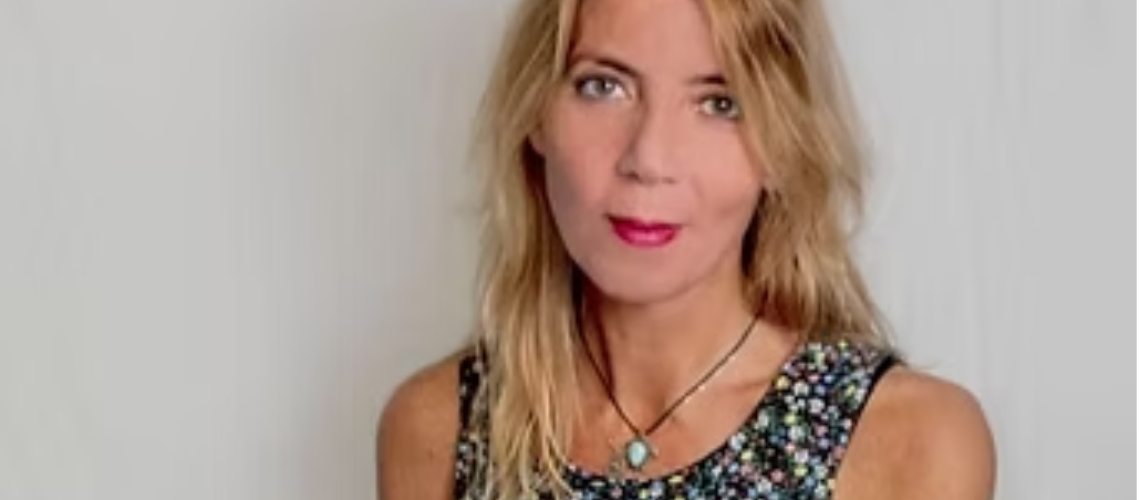With Urban Planner Aysegul Didem Ozdemir “Didem”
How do cities shape our climate future? And how does our well-being tie into urban sustainability? On a recent episode of the 2030 or Bust Podcast, Joe Rojas sat down with Aysegul Didem Ozdemir, an urban planner, sustainability advocate, and holistic healing practitioner, to explore these critical questions. Their conversation was a deep dive into zero-waste cities, circular economies, and the unexpected connection between urban design and personal well-being.
The Journey to Sustainability
Didem’s passion for urban planning naturally led her into climate action. As she pointed out in the interview, cities are at the core of the climate crisis:
“The main reason for climate change is how cities operate. Every urban activity—industry, transportation, waste—adds to greenhouse gas emissions.”
She believes that rethinking city systems is the key to a sustainable future, and her work has focused on developing zero-waste strategies that integrate both urban efficiency and human-centered design.
What is Zero-Waste?
Zero-waste isn’t just about eliminating trash—it’s about creating a system where waste becomes a resource. Didem’s work on New York City’s “Waste Not” project was a game-changer. She explained:
“Nature is our best example of zero-waste. One system’s waste is another’s resource. That’s the circularity we need in cities.”
In cities like New York, this means rethinking everything from food waste to packaging, and even redesigning urban supply chains to be more closed-loop and regenerative.
The Personal Side of Sustainability
Beyond her work in urban planning, Didem has also explored holistic healing and mindfulness. What does that have to do with climate action? A lot, actually.
As Joe pointed out during the interview, Didem is healing cities and healing people at the same time. She believes that our mental and physical health is deeply connected to the environments we live in—and that a holistic approach to sustainability can create healthier cities and healthier lives.
“Each human connection has a healing part. We are all healing each other—and that extends to our cities and our planet.”
How Do We Move Towards Zero-Waste Cities?
Didem outlined some practical steps that cities—and individuals—can take to reduce waste and move toward self-sufficient urban living:




What Can YOU Do?
At 2030 or Bust, we believe that individual action leads to collective transformation. Cities don’t change overnight—but when enough people take responsibility for their daily impact, urban systems can shift.
Start small:




The conversation with Didem was a powerful reminder that ending the climate crisis is as much about mindset as it is about technology. As individuals, we are not powerless—we are the solution.

#ZeroWaste #UrbanSustainability #2030orBust #ClimateAction #CircularEconomy
